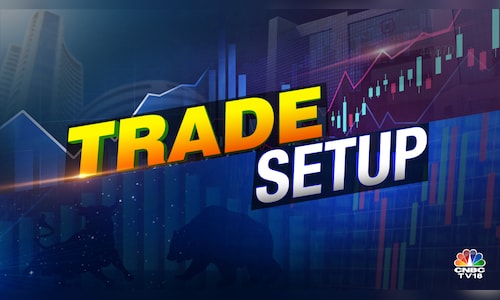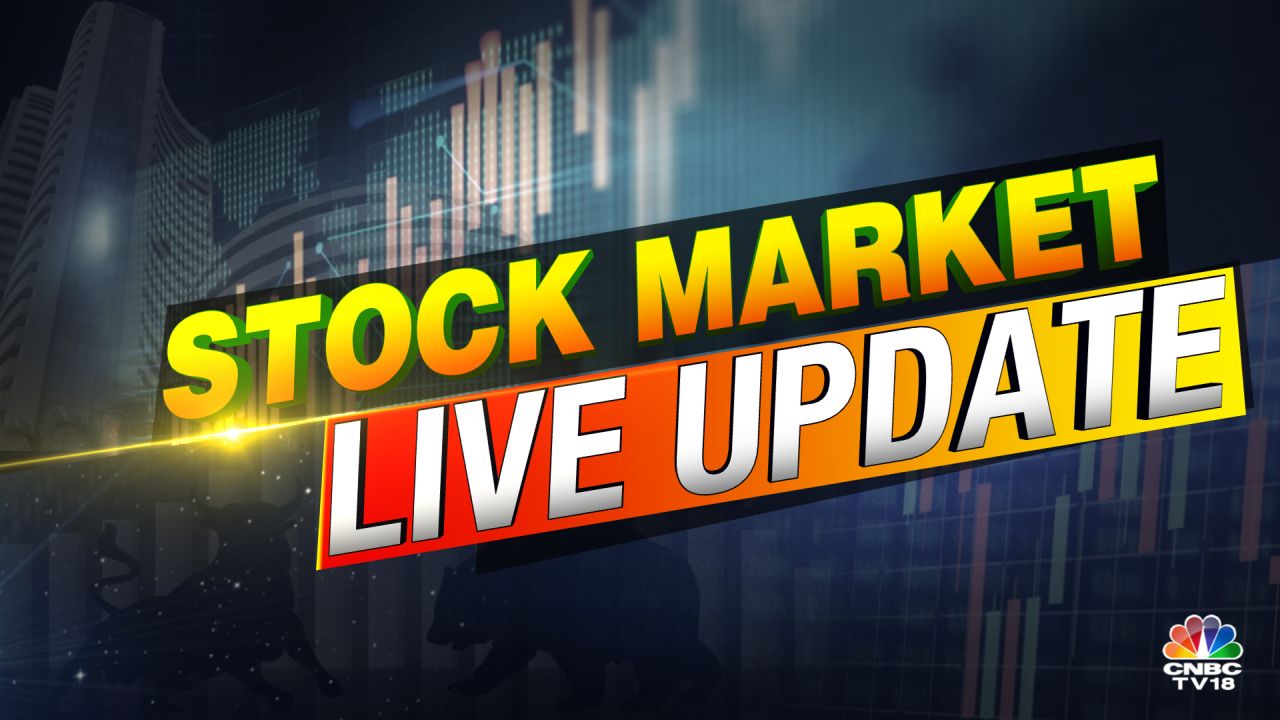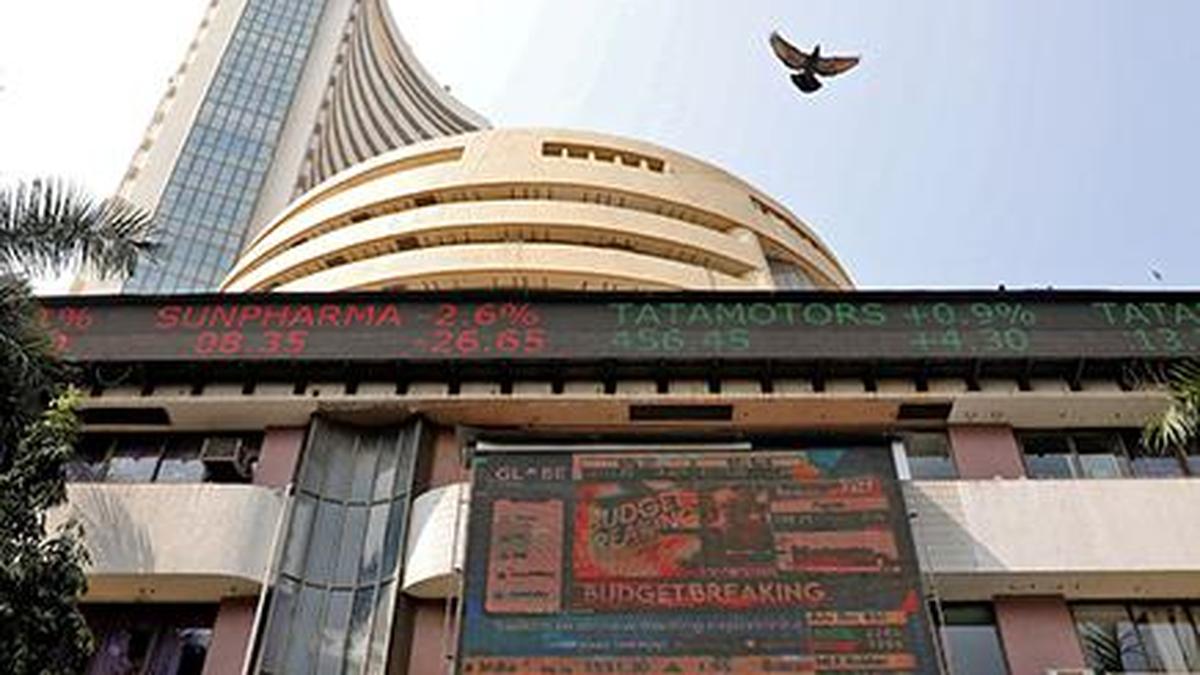US stock futures have sold-off sharply on Sunday night, in response to Donald Trump's tariff imposition on Canada, Mexico and China, in what may be a precursor to a tumultuous week ahead for global equities.
The Dow futures are down over 520 points as of 8:20 PM Eastern Time, the S&P 500 futures are down close to 2% or over 110 points, while the Nasdaq futures are also down close to 500 points.
On the flip side, the US Dollar has surged nearly 1% to head back to levels of 109.4, after briefly correcting to levels of 107. The strength in the greenback has sent the Canadian Dollar to its weakest since 2003, the Euro to its lowest since November 2022 and the Mexican Peso to its lowest in nearly three-years.
Behind the rally in the dollar is the bet that tariffs will fuel inflationary pressures and keep US interest rates elevated, while also hurting foreign economies more than the US and adding to the greenback’s safe-haven lure. Foreign currencies get hurt as American demand declines for costlier imports.
US President Donald Trump imposed a 25% tariff on imports from Canada and Mexico, along with a 10% tariff on China. The loophole of parcels below $800 entering the US tariff-free was also done away with.
In response, Canada has already imposed a counter 25% tariff on US goods worth over $100 billion, while Canadian provinces have begun taking US alcohol off the shelves. Mexico has promised retaliatory measures on Monday, while China has vowed to escalate this at the World Trade Organisation, but has not unveiled any new counter-tariffs yet.
In anticipation of what was to transpire on Saturday, the Nasdaq Golden Dragon index, an index of Chinese companies listed in the US, fell 3%. Chinese stock markets will be shut today on account of the Lunar new year, while Hong Kong-listed Chinese stocks will be in focus.
The tariffs will take affect at 12:01 AM on Tuesday, US time, which has left speculations open as to whether something can be negotiated within the next 24 hours between the countries so that the tariffs come to a halt.
Earlier, Donald Trump had imposed a 25% "Emergency Tariff" on Colombia, after the latter's President refused to accept two US military aircraft full of immigrants, citing unfair treatment. The tariffs were rolled back in a few hours once terms were agreed upon.
“The market needs to structurally and significantly reprice the trade war risk premium” with the announcements at the weekend roughly three times larger than what was envisaged, George Saravelos, head of FX research at Deutsche Bank, wrote in a note to clients. “For Canada and Mexico, we see this trade shock - if sustained - as being far larger in economic magnitude than that of Brexit on the UK and would expect both countries to enter a recession in coming weeks.”
(With Inputs From Agencies.)

 1 month ago
1 month ago

















